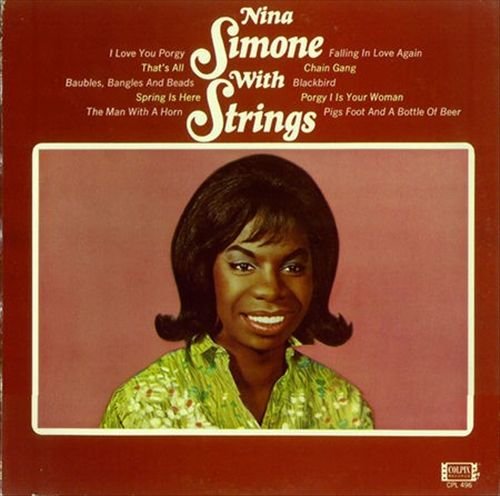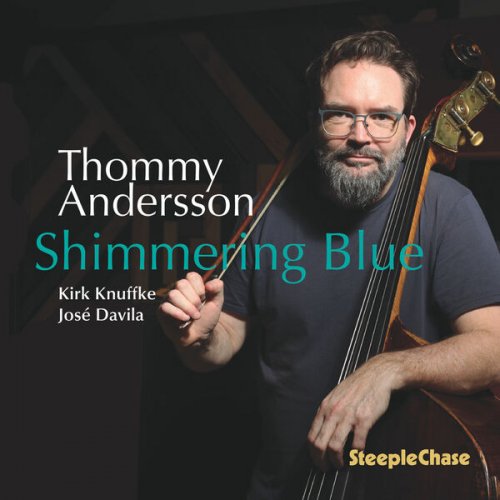Unicorn - Laughing Up Your Sleeve (2018) CD-Rip
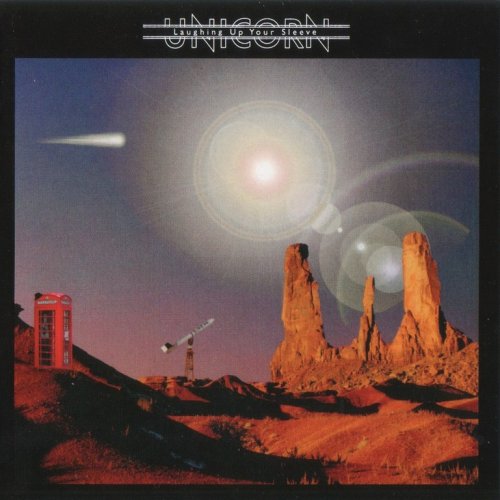
Artist: Unicorn
Title: Laughing Up Your Sleeve
Year Of Release: 2018
Label: Omnivore Recordings #OVCD-302
Genre: Classic Rock, Folk Rock, Country Rock
Quality: FLAC (Img+Cue,Log)
Total Time: 01:19:23
Total Size: 471 Mb (Full Scans)
WebSite: Album Preview
Title: Laughing Up Your Sleeve
Year Of Release: 2018
Label: Omnivore Recordings #OVCD-302
Genre: Classic Rock, Folk Rock, Country Rock
Quality: FLAC (Img+Cue,Log)
Total Time: 01:19:23
Total Size: 471 Mb (Full Scans)
WebSite: Album Preview
The Unicorn saga began in 1963 when Ken Baker met Pat Martin at secondary school in England. They were both learning to play the guitar at the time, and soon began jamming on British beat tunes and Beatles covers in Martin's garage. Drummer and soon lead vocalist Peter Perrier was brought in and various people filled in on bass until Trevor Mee (who had been jamming with Tony Rivers & the Castaways) came aboard as a guitarist, with Martin switching over to bass. By 1968, they were playing gigs as the Late Edition (or simply the Late, as they called themselves by 1968) and backing other singers. In 1969, during a month-long residency in Copenhagen, they listened to the Crosby, Stills & Nash album, which been released in May of that year. It must have had a big impact, as the band returned to England and began transforming themselves into a country-rock outfit. They began working on new demos, which were eventually pitched to the Transatlantic label, who offered them a contract to record an album. A young producer and apprentice of Shel Talmy named Hugh Murphy was brought in to work with the group (he later produced Gerry Rafferty's "Baker Street" hit). The group tried out a few new monikers (including the Pink Bears) before deciding upon Unicorn for the release of their first single. A tribute to the American songwriter, "P.F. Sloan," their first single was released on Transatlantic's Big T label, which was known mostly for folk releases (Bert Jansch and John Renbourn). Their debut album, Uphill All the Way, was released on Big T in 1971. The next recordings were directly influenced by exposure to groups like Traffic. Around this same time, Mee left the group and was replaced by Kevin Smith (ex-Camel), who brought his love for the Clarence White-era Byrds into the group's repertoire. They toured around Europe, opening for the Flying Burrito Brothers on a television program in Holland. In 1973, Unicorn performed at the wedding reception of a friend, where they met another guest, David Gilmour of Pink Floyd, who joined them at the end of the evening during an impromptu jam of Neil Young's "Heart of Gold." Gilmour later offered to produce the band in a new studio he'd had built at his country retreat in Essex. Unicorn recorded there on several occasions -- with Gilmour sitting in on pedal steel -- and he eventually helped the band secure a new record deal with his manager Steve O'Rourke's EMKA organization. Gilmour produced Unicorn's sessions in London's Olympic Studios for their next album, Blue Pine Trees. That album -- probably the group's best, sounding a bit like American soft rock/country-rock acts Poco, Firefall, and the Flying Burrito Brothers -- was released on Charisma Records in the U.K, on Capitol in the U.S., and EMI International everywhere else. Capitol underwrote Unicorn's U.S. tour, which found them opening for Fleetwood Mac, Manfred Mann's Earth Band, Climax Blues Band, Camel, the Doobie Brothers, Billy Joel, Linda Ronstadt, and Styx. In 1975, Unicorn recorded at George Martin's Air Studios and Olympic Studios, adding to these the leftover masters from their earlier sessions with Gilmour, which were collected for their next album, Too Many Crooks (released in America as Unicorn II). The album was subsequently issued by EMI's Harvest imprint. Unicorn continued to tour with top acts of the day throughout the next few years, returning to the studio -- this time, to Pink Floyd's studio at Britannia Row in Islington -- to work with Gilmour again. When Gilmour left the project to join Pink Floyd on tour, Muff Winwood produced subsequent tracks at Island Studio. Another album, One More Tomorrow, was released in 1977, with Winwood again taking the producer role. This material had a considerable commercial bent and the band was reportedly not too happy with the results. It should not come as a big surprise that, by mid-1977, their soft rock/country-rock sound was also faltering with the emergence of punk rock and their popularity began to slip and they eventually decided to call it a day. A digitally remastered compilation of the band's best songs was released in the U.K. by the See for Miles reissue label in 2000. ~ Bryan Thomas
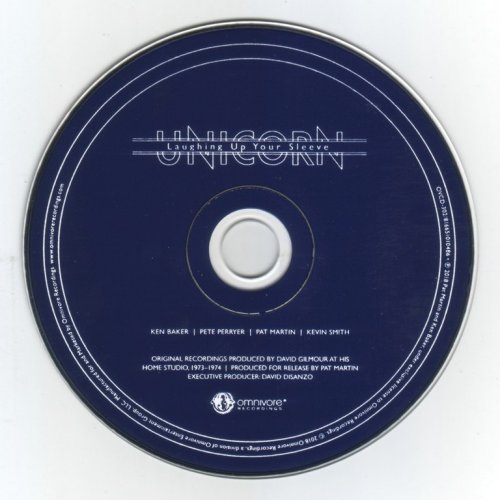
Track List:
01. Sleep Song [4:52]
02. I Saw You [4:10]
03. Ooh! Mother [3:30]
04. The Farmer [3:32]
05. Autumn Wine [2:28]
06. Take It Easy [2:46]
07. Electric Night [5:00]
08. All Night Long [3:33]
09. Just Wanna Hold You [5:01]
10. The Ballad Of John And Julie [5:18]
11. Disco Dancer [3:33]
12. Weekend [4:15]
13. Blue Pine Trees [3:09]
14. Bogtrotter [5:24]
15. Ferry Boat [6:02]
16. Kevin Barry [3:19]
17. Holland [3:28]
18. Nightingale Crescent [3:34]
19. Drinking All Night [3:07]
20. So Far Away [3:22]
Original Recordings Produced By David Gilmour At His Home Studio. 1973-1974
Personnel:
Ken Baker - Fender Telecaster, Group Member, Guitar (Acoustic), Harmonica, Piano (Upright), Vocals, Wurlitzer Piano
Pete Perryer - Drum Set, Hi Hat, Percussion, Vocals
Pat Martin - Vocals
Kevin Smith - Fender Telecaster, Guitar (Acoustic), Guitar (Electric), Mandolin
David Gilmour - Pedal Steel Guitar on "Sleep Song"
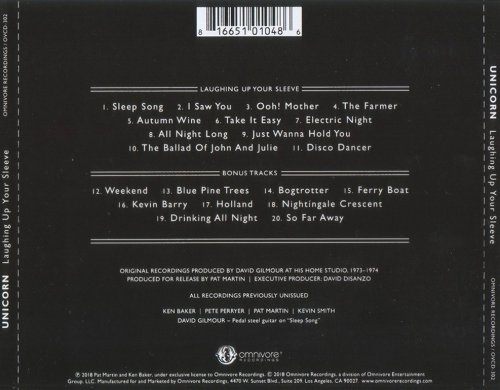
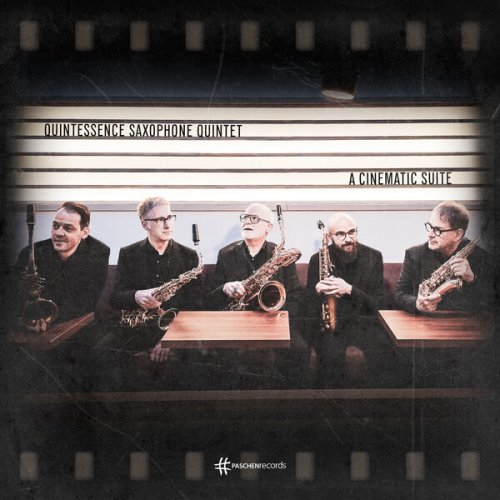
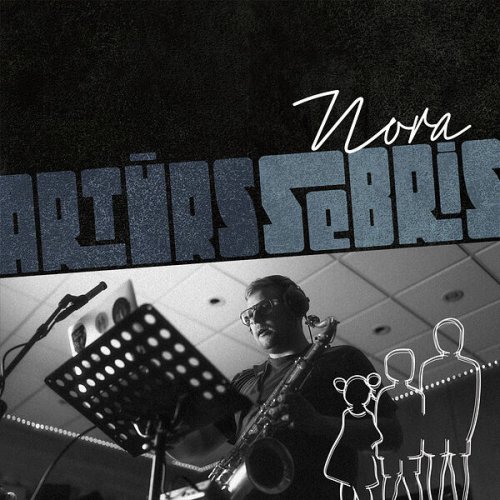
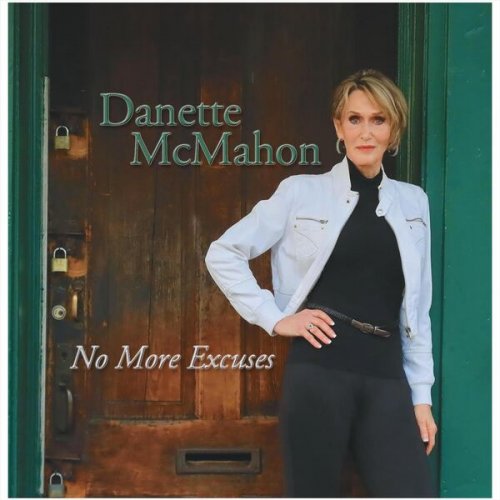
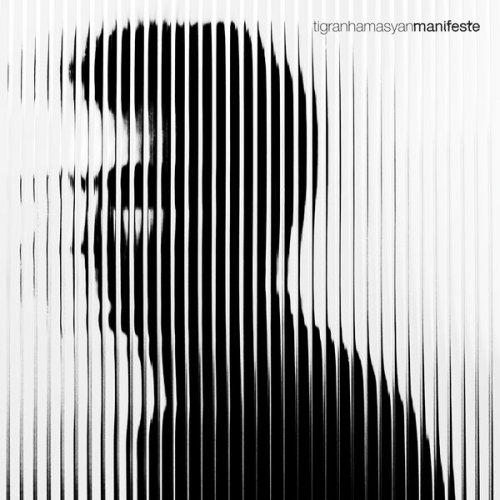
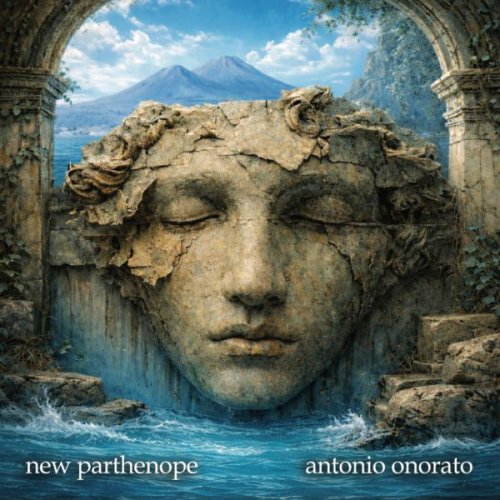
![Stefan Vale - Duo (Remastered 2026) [Hi-Res] Stefan Vale - Duo (Remastered 2026) [Hi-Res]](https://www.dibpic.com/uploads/posts/2026-02/1770223721_cover.jpg)

